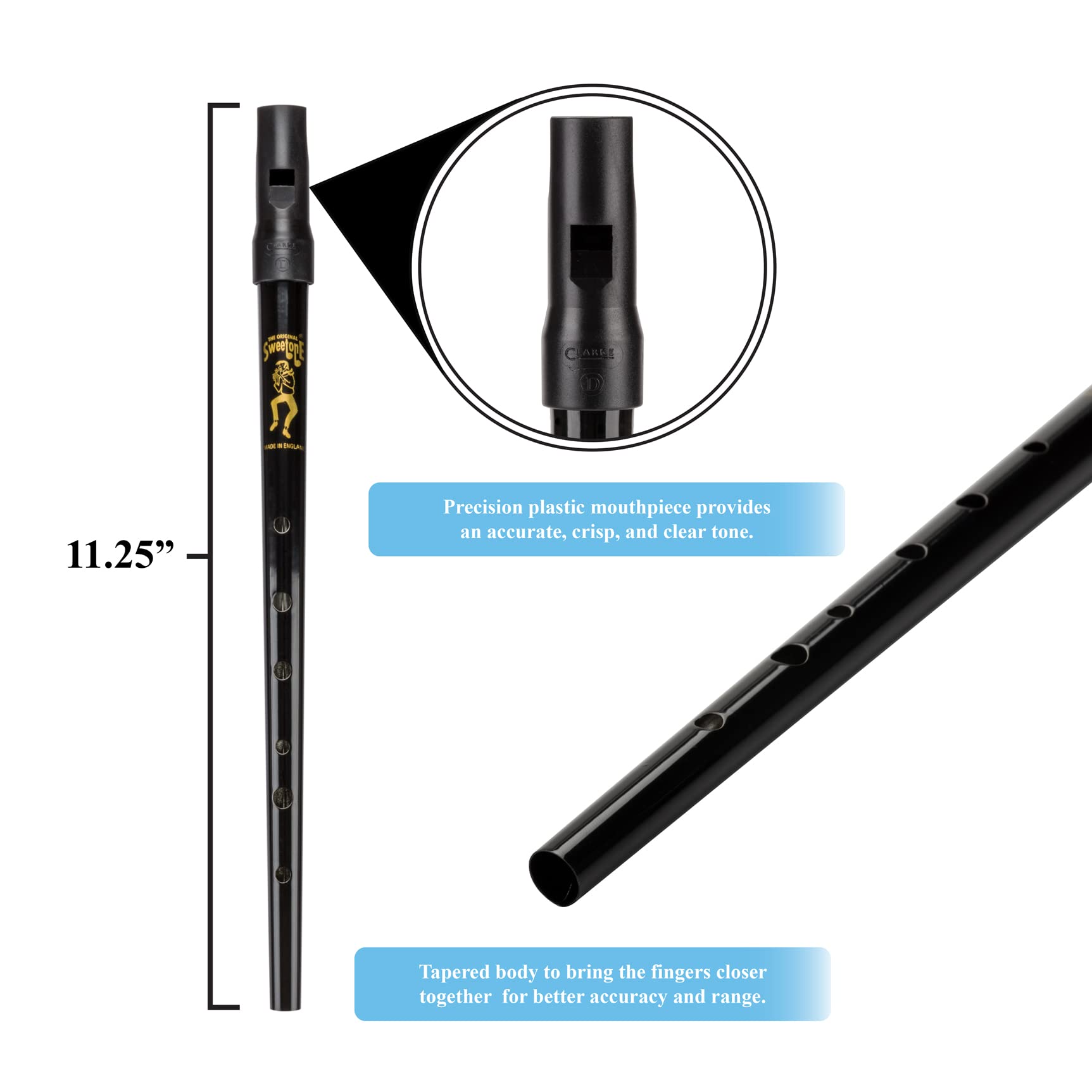Whether you’re looking for a new penny whistle to play traditional Irish music, or you’re looking to buy a used tin whistle, there are several things to consider.
Making a penny whistle
Using a penny whistle can be an easy and enjoyable way to introduce your young one to music. While a commercial whistle may cost more than a penny, you can make one at home.
A penny whistle is a woodwind instrument consisting of a metal body tube with six holes. These holes allow you to tune the whistle to a specific pitch. You can also make it tunable to produce a flatter tone or a more intense tone. This is particularly useful if you play in a group, as tuning your whistle to the right pitch may be more important than blowing loudly enough.
While it’s easy to make a penny whistle, the tricky part is the mouthpiece. Generally, a mouthpiece is made of plastic and is fixed to the bore of the whistle. Some whistles may also have a wooden fipple, which can damage the mouthpiece.
You can make a whistle tunable by removing some of the metal from the barrel. The process involves marking a small hole in the barrel, and sanding the corresponding area with sand paper. This will allow you to visualize how much of the barrel will need to be shortened.
Buying a used tin whistle
Buy a penny whistle can be a great way to try a new instrument. However, it’s important to do your research to ensure you’re getting a good deal. You also need to be sure you’re choosing a whistle that will be in tune. It’s not uncommon for lower-quality whistles to be out of tune, and you may not be able to play all notes with a whistle that’s not in tune.
A good place to start is by checking out a website devoted to tin whistles. Chiff and Fipple is a site dedicated to traditional Irish music and has an active discussion forum. The site also offers a “Used Instrument Exchange” where you can post whistles for sale.
Another good website is The Session. It’s a website devoted to traditional Irish music, with a strong discussion board and a remarkable database of tunes. There’s also a forum for players. It’s a great resource for both beginners and experts.
Another great site is The Irish Flute Store, which is run by flute player Blayne Chastain. This company sells both new and used whistles, as well as a variety of other instruments. They also offer online lessons.
Getting a recorder for a penny whistle
Getting a recorder for your penny whistle isn’t as difficult as you might think. The recorder is a chromatic instrument, which means that you can play any note you wish. It is also very easy to play, and it is great for light music. It is also a good instrument for beginners. It is great for classical music as well as traditional Irish music.
A recorder can be made out of various materials. The majority are made of metal, but some are made of plastic. Plastic whistles can sound very nice, but they tend to be harsher. A good plastic recorder can cost anywhere from $5 to $6.
When choosing a recorder for your penny whistle, you need to decide what type of music you want to play. If you want to play a lot of classical music or art music, you might want to choose a chromatic instrument. Likewise, if you want to play lots of traditional Irish music, you might want to choose a penny whistle.
Choosing a whistle for traditional Irish music
Choosing a penny whistle for traditional Irish music can be a daunting task. Whether you are a beginner, intermediate or advanced player, there are a number of important things to consider. The most important thing to focus on is sound quality.
Traditional Irish whistle playing is characterized by sophisticated ornamentation. This is done by using cuts and rolls. Other techniques include sophisticated inflections and breath placement.
The key of D is considered the “standard” concert pitch for most Irish whistles. Using a soprano C whistle allows for a deeper tone, while a soprano Eb whistle adds clarity and sweetness to the tone. The key of G is another popular choice for whistle players. This key is particularly helpful for solo playing and can add depth and soul to the tone.
Most whistles are made in a range of keys. While there are whistles in other keys, they are rare. They are used mostly in diatonic contexts. Most traditional musicians believe that learning by ear is the best way to learn the instrument.

